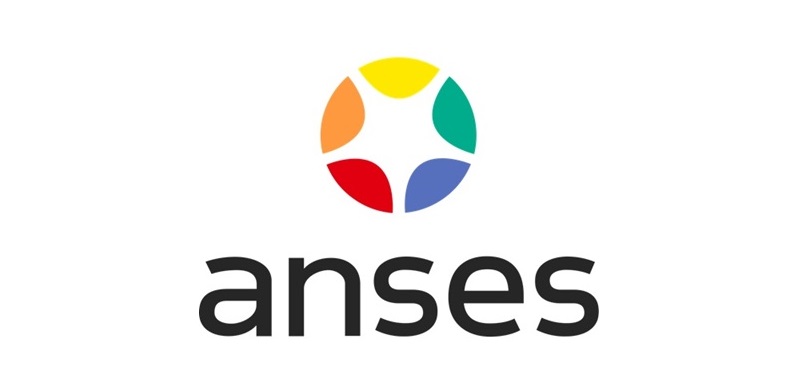News
Explosive government assessment: Many risks associated with new genetic engineering
New genetic engineering cannot be equated with conventional breeding
By order of the French Government, experts from Anses analysed and assessed the effects and potential risks of new genetic engineering for humans, animals, the environment, society and the economy. In the first part of the expertise, the authority makes it clear that plants created with the help of new genetic engineering techniques (NGT) cannot, under any circumstances, be equated with conventional breeding.
However, according to the EU Commission's current proposal, this would be the case for over 90 percent of future genetically modified plants, which would be classified into the largely deregulated category NGT1. These "equivalent" NGT plants are to be approved for the market without risk assessment. The first expertise caused a stir in November 2023, in which Anses criticised the so-called equivalence criteria as not being scientifically sound.
In contrast to the European Food Safety Authority (EFSA), which only examined the type and number of mutations in theory in its assessment of NGTs, Anses focussed on the practical effects of NGT plants whose genetic material had been altered using the CRISPR/Cas method. The experts at Anses observed far-reaching effects triggered by such NGT methods, which they took into account in their risk assessment.
Risks present on many levels
In the extensive second part of the Anses assessment, which was kept under wraps for a long time and only published in March 2024, the authority's experts once again refute the views of the EFSA and the EU Commission. By analysing specific cases of NGT1 plants, the Anses expertise shows that genetic modification using the new genetic engineering methods contain risks on many levels. In addition to the intended modifications, unintended ones can also occur in the characteristics of the plants and their composition. This can have an impact on the foodstuffs produced from them, such as altered allergenicity or toxicity.
Risk assessments and monitoring are essential
In order to recognise and rule out risks to human and animal health, Anses recommends an individual risk assessment of each new genetically modified plant and risk-specific monitoring during the approval phase. Anses calls for the high risk assessment requirements that have been customary for genetically modified plants to be maintained for genetically modified plants as well. With regard to risks to the environment, the current practice of risk assessment of GM plants, as regulated in the EU Genetic Engineering Regulation, should also apply to genetically modified plants.
The Anses assessment also addresses the socio-economic effects of new genetic engineering. Many questions remain unresolved: from coexistence in agriculture and consumer expectations of transparency to the lack of detection methods and patents. Due to the large number of risks and concerns, Anses recommends a comprehensive examination of these issues and a large-scaled social debate.
Further EFSA opinion commissioned
In response to the first part of the Anses report, which questions the equivalence criteria, EU Parliament President Roberta Metsola has instructed EFSA to draw up by July 2024an opinion on the criteria for categorising NGT plants.
Although the Anses opinion was already existent in January and was intended to provide MEPs with well-founded information before the vote on NGTs in the European Parliament on 7 February 2024, the publication of the controversial document was initially blocked by the French Government.
Infodienst Gentechnik: French authority warns of risks (in German)
Infodienst Gentechnik: Authority: EU Commission's draft on genetic engineering unscientific (in German)
arc2020:EU Food Safety Agency to Give New Opinion on New Genomic Techniques/New GMOs
Unofficial translation of the Anses opinion published by Testbiotech (January 2024) (in German)

